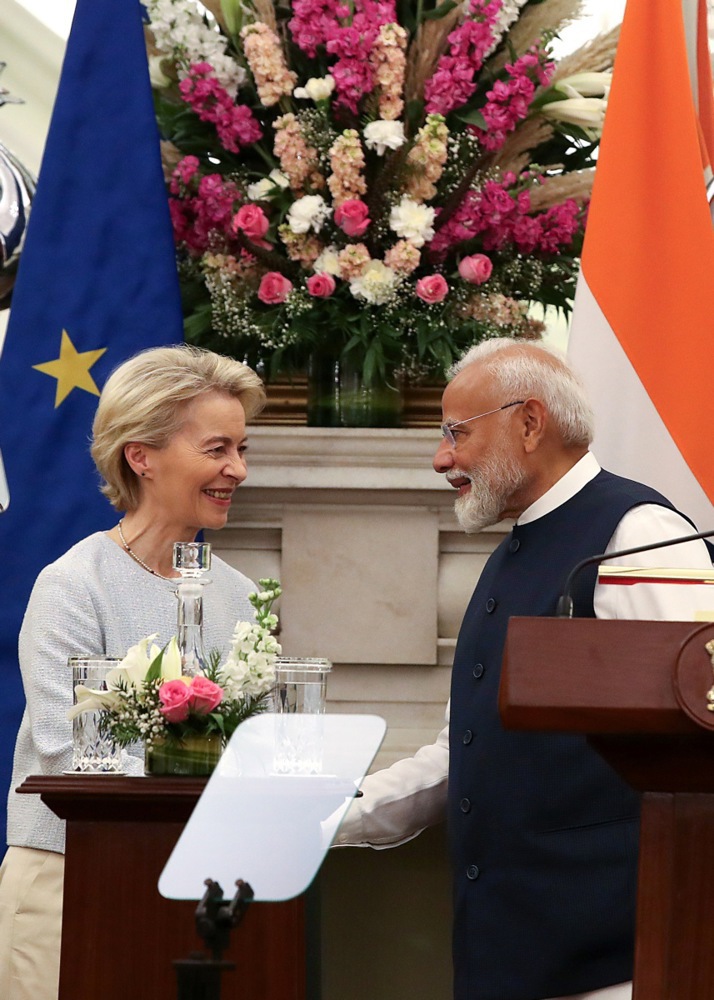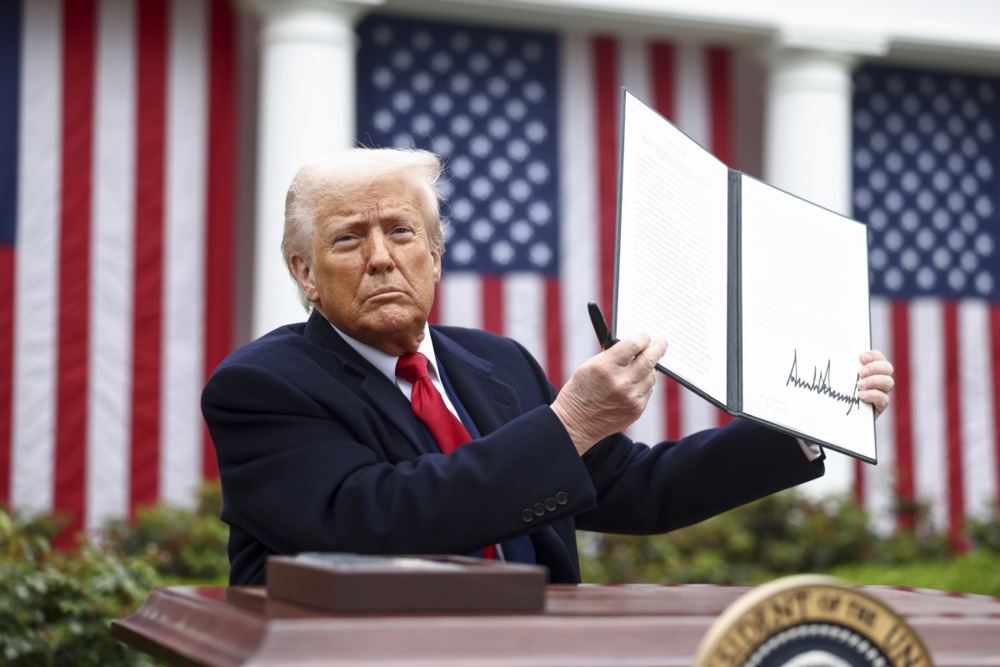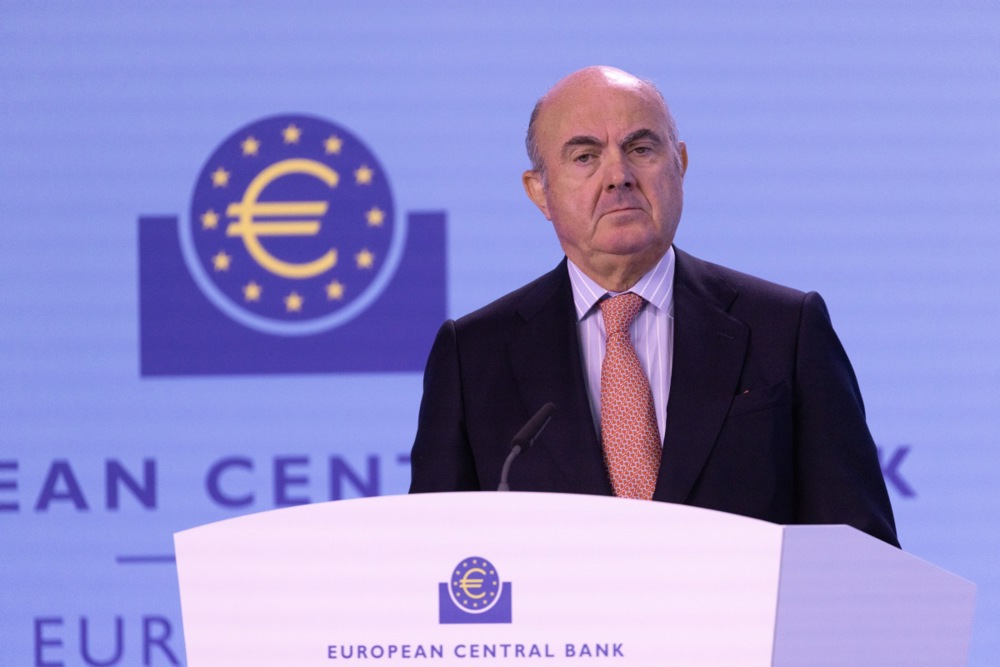The US President Donald Trump has slashed tariffs on car parts to support domestic factories while doubling down on duties in the aviation sector.
The shift has disrupted long-established flows of goods, many of which run through Europe’s industrial base.
Earlier in April, Trump announced targeted reductions on some auto parts tariffs but only as part of a broader policy mix that still included heavy tariffs elsewhere. This was framed to encourage companies to return or relocate to the US and to protect final assembly jobs.
UK luxury car maker Aston Martin, which relies heavily on US sales and does not manufacture in the country, has sharply reduced shipments and has been leaning on dealer stock after reporting another quarterly loss and a 13 per cent revenue drop, the Financial Times reported. The company said it had enough inventory to last until mid-June.
Germany’s carmakers are also seeing profits drop, as German media reported on April 30. Washington has attempted to soften the blow by preventing overlapping tariffs on the same vehicles but the impact has already filtered through.
Across the European Union, new car sales have stalled. First-quarter figures of 2025 showed a flat market, which analysts suggested may reflect consumer hesitation and waning momentum for electric vehicle incentives.
The space has been quickly being filled by others. Chinese carmakers, locked out of the US by 145 per cent tariffs, are sending more vehicles to Europe instead. Taiwanese exporters have also increased their share of the EU market with cheaper models.
The aviation industry has seen the same pattern. Boeing has repatriated aircraft previously bound for China and looked for alternative buyers in Latin America and India. The company said dozens of planes were now being re-marketed, according to Reuters.
Delta and American Airlines have found a workaround. By flying new Airbus planes through Japan before bringing them to the US, they classified them as “used” to avoid paying import duties.
Both carriers have said they would not pay tariffs on deliveries. Alaska Airlines and others have also raised concerns.
Airbus has quietly continued discussions with Chinese buyers about a possible 500-plane deal. The informal and cautious talks have been going on for more than a year.
In Washington, the US aviation industry has pushed for a return to the duty-free rules established in 1979.
Tariffs reintroduced by Trump have brought that era to a halt and airlines have cut flights, deferred deliveries and warned that further cost pressures were on the way.
While the immediate focus was on manufacturing, Europe’s broader economic position was also under review.
Officials have been increasingly vocal about the need for diversification from the transatlantic relationship, regarding energy, defence, pharmaceuticals, and other key industries.





